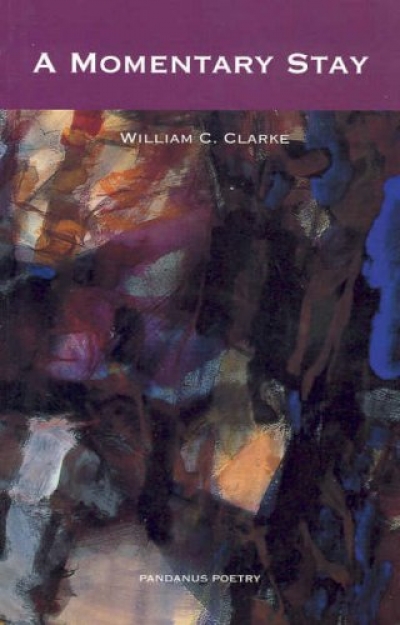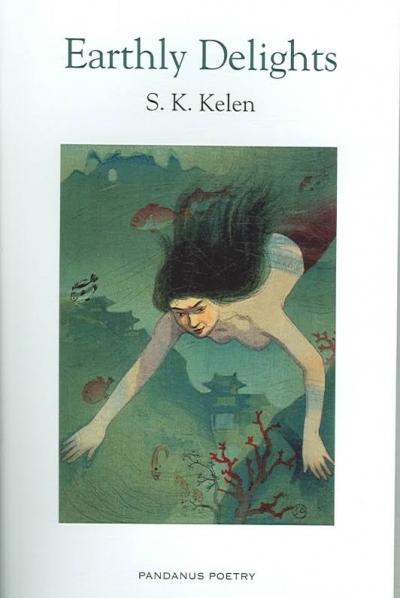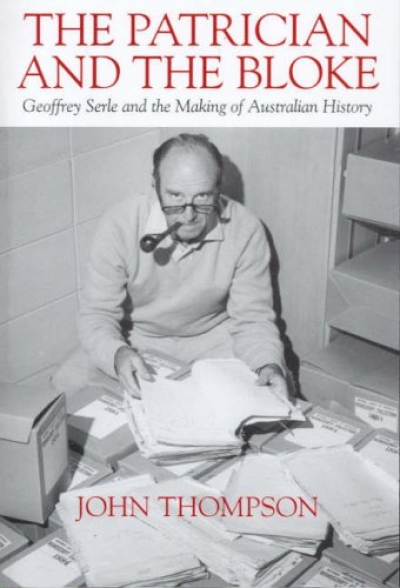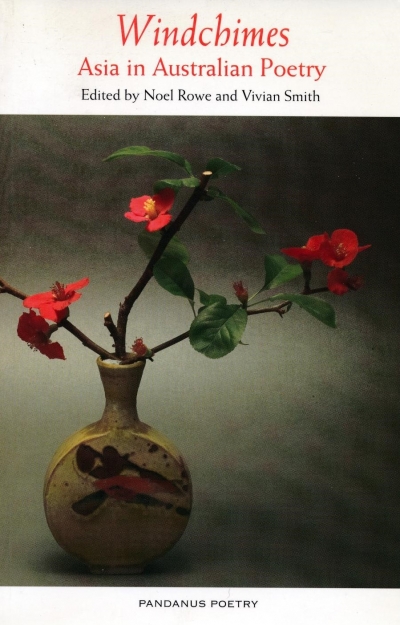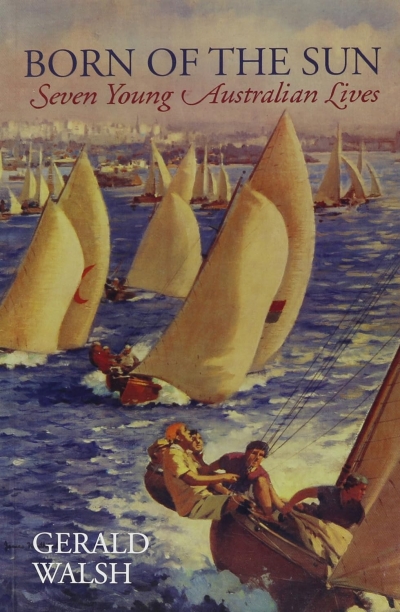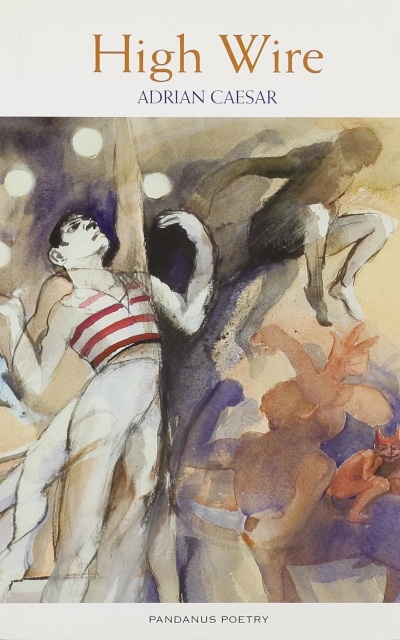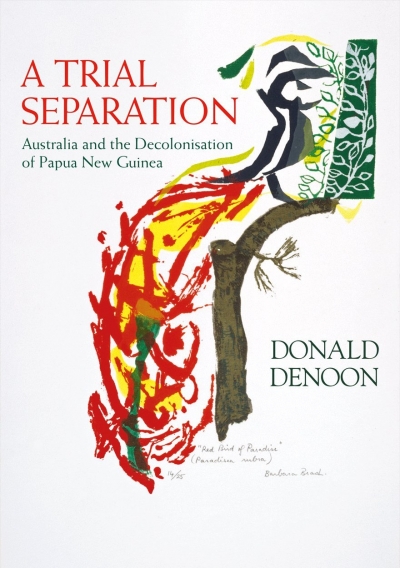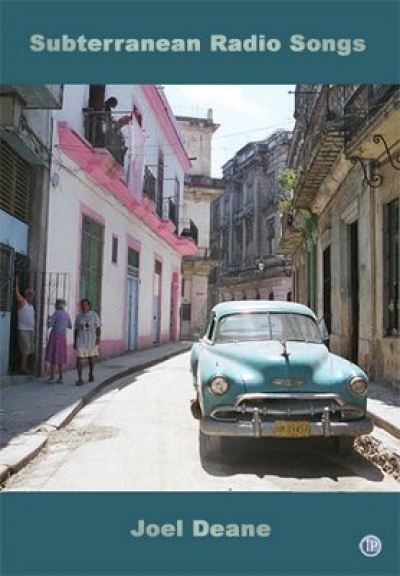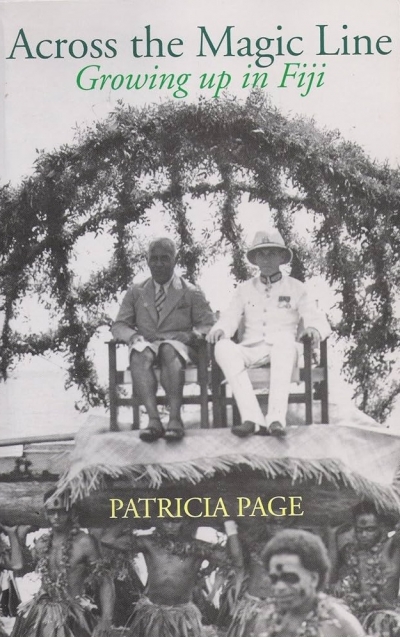Pandanus
A Momentary Stay by William C. Clarke & Sand by Connie Barber
by Georgina Arnott •
The Patrician and The Bloke: Geoffrey Serle and the making of Australian history by John Thompson
by John Rickard •
Windchimes: Asia in Australian Poetry edited by Noel Rowe and Vivian Smith
by David McCooey •
We welcome entries in the third ABR Poetry Prize. In its short life, this competition has become one of the most prominent of its kind in the country. Poets have until December 15 to enter the prize, which is worth $2000. Up to six poems will be shortlisted in the March 2007 issue; the winner will be announced one month later. Full details appear on page 42. The entry form is also available on our website, or on request. The previous winners were Stephen Edgar and Judith Bishop. Advances was pleased to see that Judith Beveridge has included Edgar’s prize-winning poem ‘The Man on the Moon’ in The Best Australian Poetry 2006 (UQP) — one of eight poems in the anthology that were first published in ABR.
... (read more)Born of the Sun: Seven young Australian lives by Gerald Walsh
by Gillian Dooley •
A Trial Separation: Australia and the decolonisation of Papua New Guinea by Donald Denoon
by Allan Patience •
Subterranean Radio Songs by Joel Deane & Suburban Anatomy by Penelope Layland
by John Jenkins •

